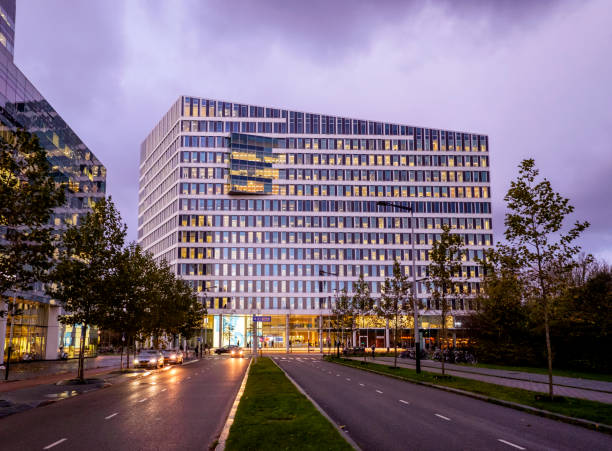
Book a demo
Smart manufacturing, or the connected factory, is a central concept in Industry 4.0 and represents an evolution of the traditional approach to production. Through the use of advanced technologies, sensors, and IoT devices, companies can achieve greater efficiency and flexibility in production, allowing them to adapt to market demands more quickly and efficiently.
The intelligent factory represents the endpoint of companies' digital transformation. The goal is to create a highly interconnected and flexible work environment, where machines, production systems, and IoT devices work together to optimise production and reduce costs.
The connected factory is based on three pillars: connectivity, digitalization, and automation.
Smart manufacturing is based on the interconnection of production systems and IoT devices. These devices can include sensors, actuators, motors, machinery, robots, mobile devices, and other elements that can collect information about production activities. This data is then sent to a cloud platform, where it can be analyzed and used to make informed decisions.
The interconnection of IoT devices also enables real-time monitoring and control of production activities. For example, an AI-based IoT platform can analyze data from sensors in real-time and identify any anomalies in production. The system can then adjust production accordingly, reducing machine downtime and improving product quality.
The use of advanced technologies such as AI, machine learning, and deep learning can lead to significant improvements in productivity and product quality. For example, an AI-based IoT platform can analyze large amounts of data in real-time, identify issues, and suggest solutions to improve production. Additionally, machine learning can be used to predict machine failures, reduce machine downtime, and prevent production interruptions.
Automation is another important feature of Smart manufacturing. Automation can be used to automate production activities and reduce personnel involvement in repetitive, low-value tasks. This can free up personnel to perform higher value-added activities such as design, innovation, and system maintenance.
The adoption of these technologies can lead to increased competitiveness for the company in the market, through reduced costs, increased productivity, and greater flexibility.
Many companies have already adopted Smart manufacturing and are achieving remarkable results.
For example, the German company Siemens has implemented a flexible production system that allows for quick and customized production of products requested by customers.
The American company General Electric has adopted a remote monitoring system based on IoT, which allows for real-time monitoring of machine performance and prevention of potential breakdowns.
According to a study conducted by McKinsey, the adoption of advanced technologies such as artificial intelligence and automation can lead to a 20-30% increase in productivity and a 10-20% reduction in costs.
Fill out the form at the end of the page to request information on products or partnerships.


